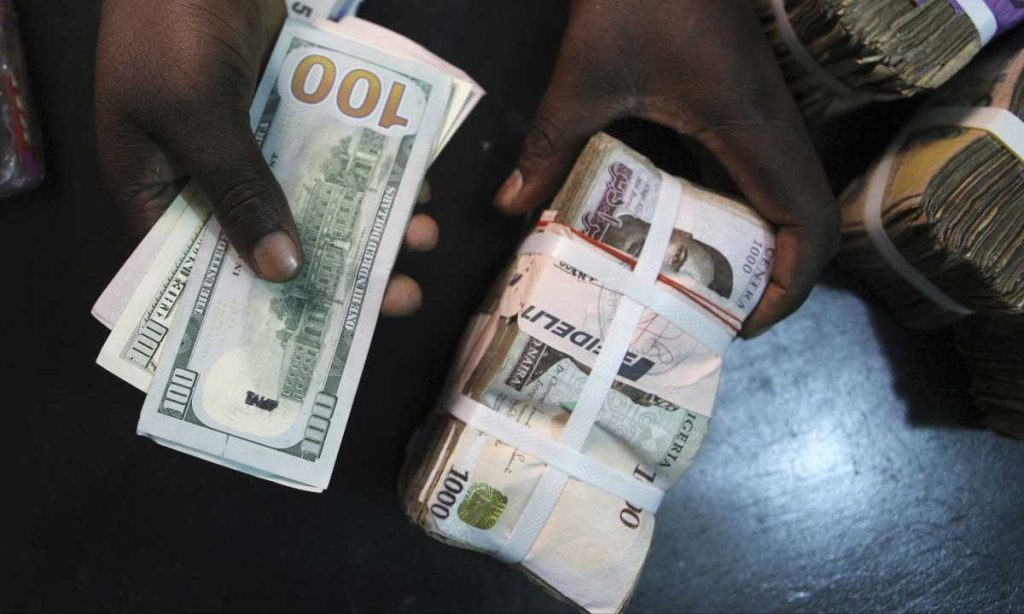The global oil market experienced a significant downturn in April 2023, driven by escalating trade tensions, especially between the United States and China. This renewed trade war, though not directly targeting oil, sent ripples of uncertainty through the energy market, impacting crude oil prices and putting pressure on oil-dependent economies like Nigeria. China, being the world’s largest oil importer, plays a pivotal role in global oil demand. The market reacted negatively to the escalating trade dispute, fearing a potential decrease in Chinese oil imports, which could lead to a global supply glut. Consequently, Brent crude oil price, the international benchmark, saw a sharp 15.5% decline, its steepest monthly fall in over three years, settling at $63.12 per barrel. This volatility underscored the interconnectedness of global trade and the energy market, highlighting the vulnerability of oil-dependent economies to external shocks.
The repercussions of the oil price slump were particularly pronounced for Nigeria, where oil revenue constitutes a significant portion of foreign exchange earnings. The decline in oil prices exacerbated existing pressures on the Nigerian naira, which was already grappling with challenges such as capital outflows and persistent inflationary pressures. The weakened oil market, combined with these internal economic vulnerabilities, painted a concerning picture for Nigeria’s macroeconomic stability. A significant drop in oil revenue translates to reduced foreign exchange reserves, limiting the Central Bank of Nigeria’s ability to defend the naira against further devaluation. This, in turn, can trigger a vicious cycle of declining investor confidence and further capital flight, ultimately undermining economic growth.
The impact of the oil price decline extended beyond just the currency market. The Nigerian government heavily relies on oil revenue to fund its budget. Lower oil prices directly translate to reduced fiscal revenues, potentially hindering the government’s ability to implement development projects and provide essential services. This fiscal constraint can further strain the economy and exacerbate existing social and economic inequalities. The Nigerian government’s ability to effectively manage the economic fallout from the oil price volatility becomes crucial in mitigating the potential negative consequences for the broader economy and the population’s well-being.
The instability in the oil market underscored the vulnerability of Nigeria’s oil-dependent economy. Despite the Nigerian government’s efforts to diversify the economy and reduce its reliance on oil, the country remains highly susceptible to fluctuations in global oil prices. This dependence makes Nigeria vulnerable to external shocks, such as trade wars and geopolitical instability, which can significantly impact oil demand and prices. The April 2023 oil price slump served as a stark reminder of the urgent need for Nigeria to accelerate its economic diversification efforts and build greater resilience against external shocks.
The Nigerian naira struggled across all markets, both official and parallel, reflecting the underlying economic pressures. Increased demand for dollars, coupled with declining foreign exchange inflows due to lower oil prices, put further downward pressure on the naira. This currency depreciation adds to inflationary pressures, making imported goods more expensive and potentially eroding the purchasing power of Nigerian consumers. The situation called for strategic interventions to stabilize the naira and address the underlying macroeconomic imbalances.
Looking ahead, the persistence of global economic uncertainties and trade tensions poses a significant threat to Nigeria’s economic outlook. The prolonged trade war between the US and China, coupled with other geopolitical risks, creates a volatile environment for oil prices, potentially exposing Nigeria to further economic shocks. Stakeholders are increasingly advocating for strategic interventions to shield the Nigerian economy from these external pressures and maintain macroeconomic stability. These interventions may include measures to boost non-oil revenue, attract foreign investment, and strengthen the resilience of the financial sector. A concerted effort to diversify the economy away from its reliance on oil is crucial for long-term sustainable growth and development. Building a more diversified and resilient economy will be essential for Nigeria to navigate the challenges of a volatile global landscape and safeguard its economic future.














